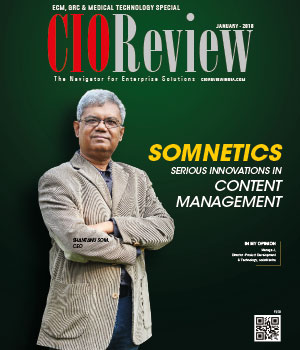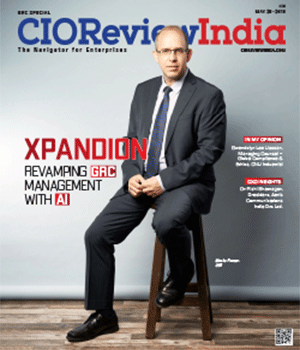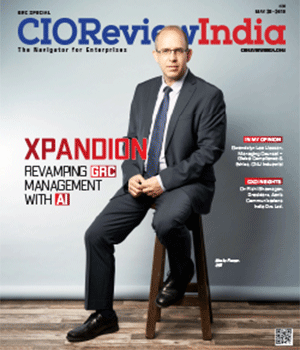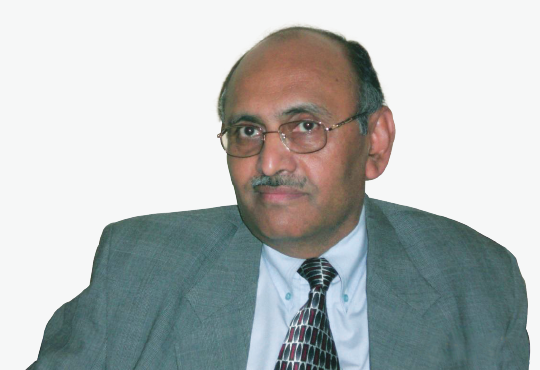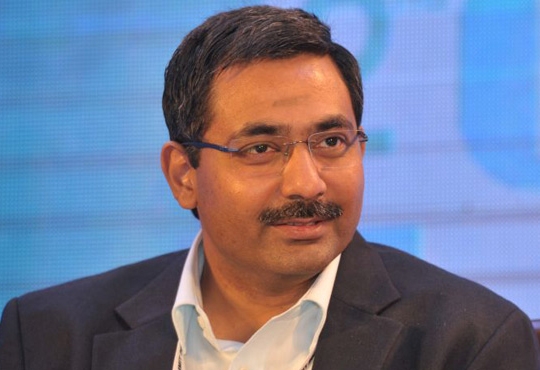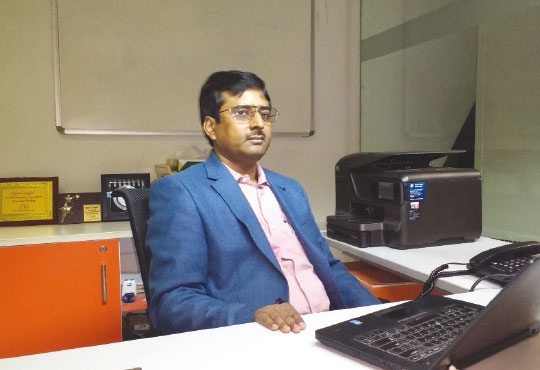
Technological Fixes aren't the Optimum Solution to Everything
Emmanuel Christi Das, Editor | Friday, 04 December 2020, 15:28 IST
 We have welcomed, with arms wide open, the Supreme Court directive to the Centre and the states to institute videography of all areas within police stations and the offices of central investigation agencies, as a way to prevent police brutality. Tempting indeed.
We have welcomed, with arms wide open, the Supreme Court directive to the Centre and the states to institute videography of all areas within police stations and the offices of central investigation agencies, as a way to prevent police brutality. Tempting indeed.
However, it’s a bit too superficial. Let’s agree to disagree, that technology cannot fix problems that have their roots in institutional structure and political culture. To argue, one might say it would have been far more effectual to implement police reforms to depoliticise the working of the police and to make the force accountable, simultaneously, to the executive, the human rights watchdog and the legislative committee.
Suppose the court order is complied with, in full, and policemen converted into so many fish inside glass bowls, whose every movement and every sound is recorded and stored away; is that sufficient to eliminate torture? What is to prevent the police from arranging interrogation rooms outside police stations, where to carry out their third-degree practices?
There’s no guarantee that CCTV cameras will not suffer significant outages or that the recordings would not be damaged. Water pouring from a leaky roof? Enough to destroy the cause! Electronic surveillance is not the optimal utilisation, from the point of view of advancing the cause of justice, of the enormous sums that would be required to install cameras in every room and corridor of every police station in the country? The most important question, do we have the bandwidth to back up the videography recording in the cloud?
Other aspects of the order, to set up human rights courts in every district, is more welcome. Special courts, here too, speed up some parts of the justice system that are suboptimal, compared to the desirable solution of an efficient document management system that hears and disposes of cases with dispatch.
Political empowerment of the citizen, who holds those who hold office to democratic account, is certainly the bedrock of responsible government. This is hooter call a deeper understanding of democracy and institutional accountability of the civil service, the police and elected officials to the people. An unpopular opinion as it maybe, judicial orders cannot deliver that.
CIO Viewpoint
Governance, Risk and Compliance (GRC)
By Anil Ranjan, Head IT, Macawber Beekay Private Limited
Technology Adoption in Multilingual Audio/Video...
By SC Mittal, Sr ED (MS&IT) & Group CTO, IFFCO
Healthcare IT Solution Delivery and the Cloud
By Arvind N Sivaramakrishnan, CIO, Apollo Hospitals
CXO Insights
By Suresh V Menon, Principal Consultant, Six Sigma and Strategic Management
GDPR and the Right to be Forgotten: Lessons for...
By By Milind Borate, CTO, Druva
A Practical GRC Solution for a Metals Enterprise




